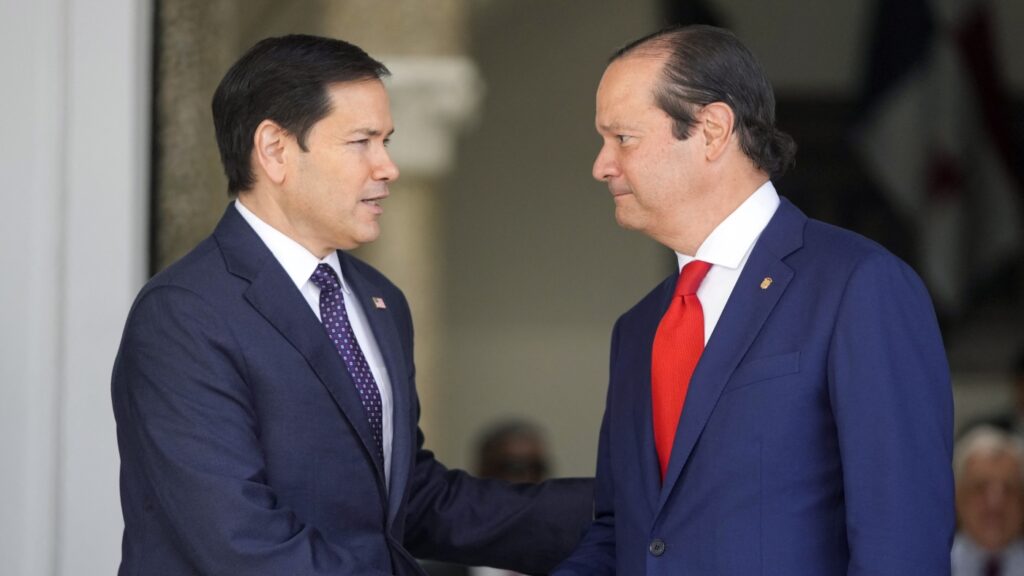U.S. Secretary of State Marco Rubio recently conveyed a stern message to Panamanian leaders concerning China’s influence over the Panama Canal, emphasizing the need for immediate action to curb it. Rubio, on his inaugural diplomatic tour, engaged with Panamanian officials, highlighting President Trump’s concerns about the Chinese Communist Party’s control in the strategic canal area, which breaches a 1977 treaty ensuring neutrality.
During discussions with Panamanian President José Raúl Mulino and Foreign Minister Javier Martínez-Acha, Rubio underscored the imperatives for changes to protect U.S. treaty rights. Despite Mulino’s assurance of treaty security, Rubio’s stance asserts the necessity for alterations to the current landscape.
The Panama Canal’s significance in global trade, with the U.S. as a key user, underscores the gravity of the situation. While a Hong Kong-based firm manages ports, concerns about Chinese involvement in infrastructure projects remain. Rubio’s warnings of potential canal manipulation by Chinese entities raise alarms about strategic implications.
President Trump’s rhetoric on reclaiming canal control has heightened tensions, with Rubio’s mission amplifying focus on the issue. The repercussions Panama might face for non-compliance with Rubio’s directives remain uncertain, amid the complex dynamics of China’s regional influence.
As Rubio navigates this diplomatic challenge, balancing U.S. interests with regional partnerships will be crucial. Panama’s president’s prior dismissal of canal control discussions underscores the delicate balance between trade, sovereignty, and strategic interests in the region. The evolving dynamics surrounding the Panama Canal underscore the intricate geopolitics at play, requiring deft diplomacy to navigate the complexities.

